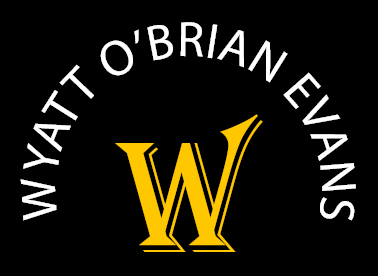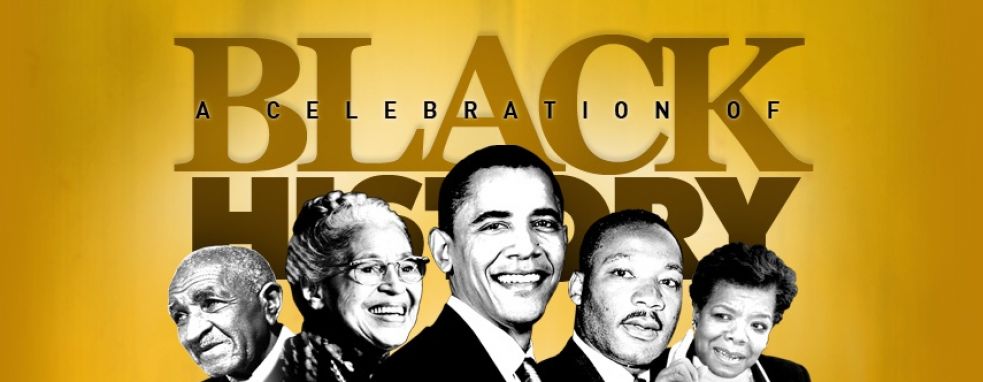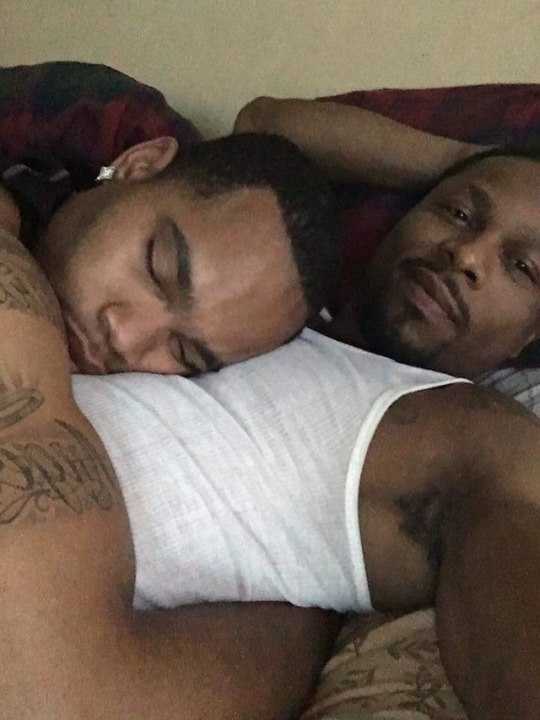Essex Hemphill—the openly gay, African-American poet and author—truly was a force of nature. Groundbreaking, Mr. Hemphill blazed the way for talents including James Earl Hardy, E. Lynn Harris…and myself.
So, in celebration of Black History Month, I pay homage to this gifted artist—who certainly was before his time.
And left us way too soon.
Despite a relatively short literary career, Hemphill is arguably the most critically acclaimed and best-known contemporary openly gay African American poet and author. He helped shatter the silence surrounding gay Black experiences and empowered other gay Black men to find their voices. AIDS snatched this ahead-of-his-time, literary genius away from us much too prematurely–denying us of all the rich gifts I’m sure he wanted to share.
Essex and I were good buddies. But before I reminisce about the personal side of this remarkable talent, let me share what made the man such an undeniable force in shaping and popularizing modern LGBTQ literature as a whole.
Born in Chicago on April 16, 1957, Essex grew up in Washington, D.C. He began writing poetry when he was 14. “I started writing about and addressing my homosexuality because it wasn’t there in the black text,” he recalled. “And I needed something to be there to validate that my experience was real for me.”

Essex earned a Bachelor of Arts degree in English at the University of the District of Columbia. Believing that poetry should be heard, he regularly performed his work, often in collaboration with other D.C. African-American gay and lesbian artists. In 1983, he, Wayson Jones and Larry Duckette teamed to create Cinque, a performance poetry group that combined cutting-edge political verse, vivid imagery about gay Black life, and tightly woven harmonies.
Quickly, the group amassed a loyal following. And on one sweltering summer evening in 1985, I attended one of Essex’s performances, which was absolutely mesmerizing—and full of raw sexuality!
For me, that night became even hawter!
Cinque’s poetic style gained national attention in the next few years. Today, “poetry slams” are mainstream. Essex introduced this art form in a profound way—developing and fashioning it. He gave it crucial visibility.
In the 1980s, very few publishers were interested in the works of openly gay African-American writers. Well, Essex didn’t wait for them to “come around.” Instead, he self-published his first two collections of poetry, “Earth Life” (1985) and “Conditions” (1986). His profile continued to rise after contributing to various anthologies and publications including the Advocate, Essence, Obsidian, and Gay Community News.
After his close friend Joseph Beam succumbed to AIDS in 1988, Essex moved to Philadelphia to complete Beam’s anthology, “Brother to Brother: New Writings by Gay Black Men.” Published in 1991, it won a Lambda Literary Award, garnering widespread literary acclaim.
The next year, a major publisher released Essex’s “Ceremonies: Prose and Poetry,” which won the American Library Association’s Gay and Lesbian Book Award in Literature. “Ceremonies” provided powerful insights into the constructions of race, gender, and sexuality in America. The topics it addressed included the sexual objectification of Black men in white gay culture.
The year 1993 was a virtual bonanza for Essex: he received a Pew Charitable Trust Fellowship in the Arts and the Emery S. Hetrick Award for community-based activism from the Hetrick-Martin Institute. And, he became a visiting scholar at Santa Monica, California’s Getty Center for the History of Art and the Humanities.
After battling AIDS for several years, Essex passed away on November 4, 1995, in Philadelphia. He was 38.
Now, what do I remember about him as a friend?
We met in April 1984, at the Potomac Electric Power Company, a major service provider in D.C. Essex was a graphics designer while I was a writer within that utility’s corporate communications department.
Immediately, “Es” and I connected. We had things in common: emotional accessibility. A sense of free-spiritedness. The preference for the Artist Known as Prince over Michael Jackson. And most importantly, a hunger for writing. We became fast friends.
Confident in who and what he was, Es was totally unabashed about and firmly rooted in his sexuality. The brotha had swagger! His affecting smile and mischievous glint that danced in his eye could win you ovah in no time flat.
Although Es was a sensitive, caring soul, he took no crap! As well, he doggedly pushed back against any obstacles, turning his dreams into realities.
Unfortunately, Es and I lost contact after he moved to Philly. Although his struggle with AIDS was contracted, debilitating and agonizing, I was told that his spirit remained vibrant and strong.
Es, you’re sorely missed. Without you, would there have been an E. Lynn Harris? A James Earl Hardy?
Or for that matter–a Wyatt O’Brian Evans?





Thank you for this tribute to Brotha Essex Hemphill. I also read his work, and as a Black gay writer I can relate to the need to share our stories in spite of. We never know whose lives we will touch down the road. Let us continue to be inspired and empowered by the gift of his creative voice.
This is a great tribute to Essex I am glad you took the time to honor this artist and his importance to black and gay history.